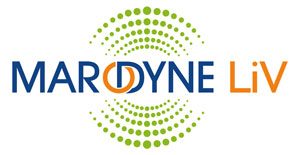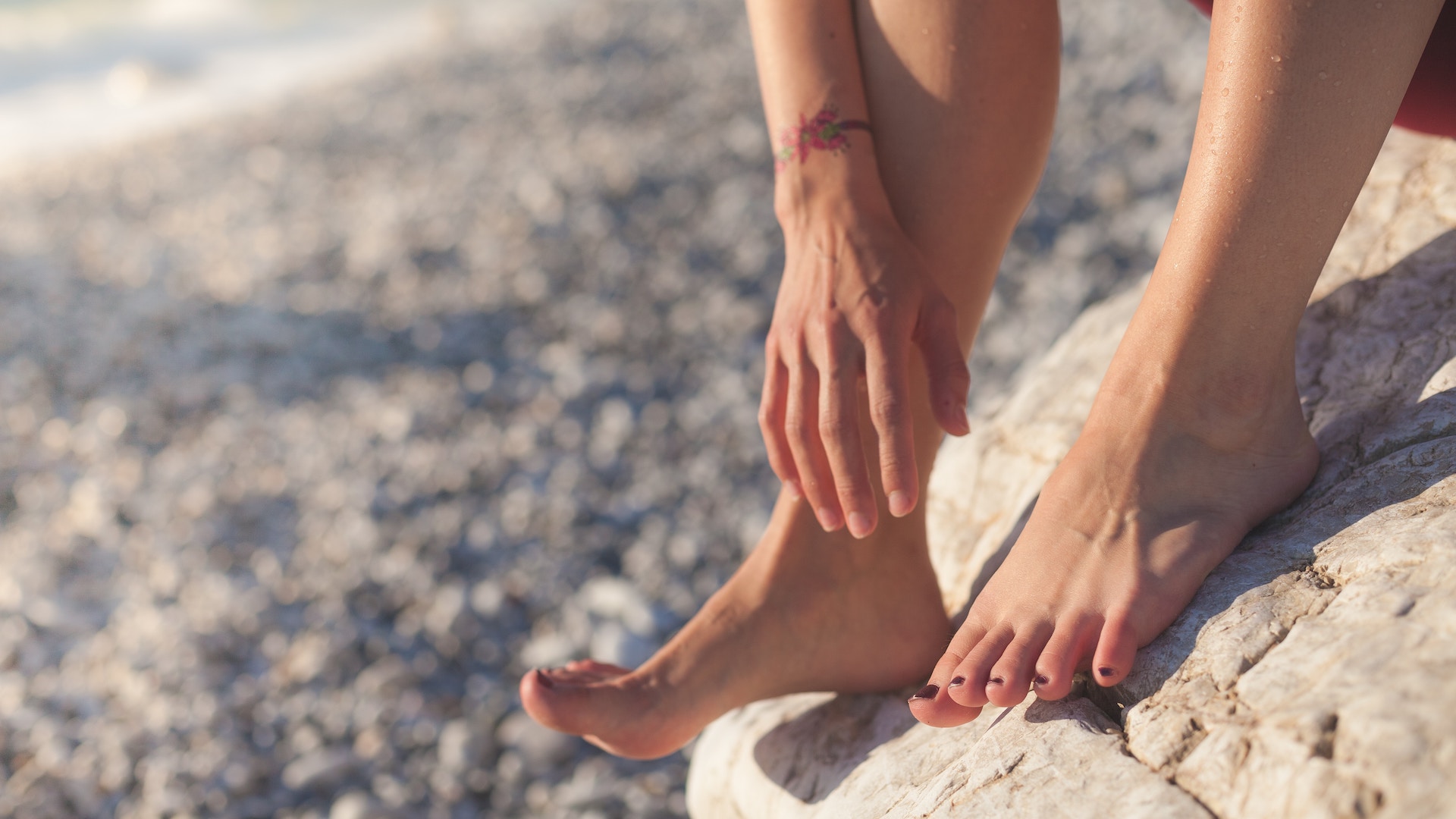If you’ve just been diagnosed with osteoporosis, or are receiving treatment for osteoporosis, it can be a lonely time. But there is support available. In this article, we look at the various ways you can get help to manage your osteoporosis.
Start reading
There is a wealth of information about what osteoporosis is, how it’s treated, and how you can live better with the condition online. Within this article, you’ll also find lots of helpful information about osteoporosis prevention and the impact that Low-intensity Vibration (LiV) can have on the health of your bones and your body.
Here are some of our favourite resources:
· Royal Osteoporosis Society Website
· Chartered Society of Physiotherapy
· AGE UK
Speak to your GP
Osteoporosis is a medical condition, and the first person you should speak to with any questions or concerns is your GP. They can help to explain to you what osteoporosis treatments are available and their potential side effects.
They can also talk to you about significant lifestyle changes you can make to reduce the impact of osteoporosis on your body and your future.
Living with a long-term condition like osteoporosis can take its toll on your mental health too. There are links between osteoporosis and depression, with studies finding that the physical changes experienced by the body can impact the mind also.
Nobody should suffer alone, and you don’t need to. Your GP will be able to advise you of what treatments and support are available if you feel your mental health is becoming affected by your condition.
Ask your pharmacist
If you’re prescribed medication to treat your osteoporosis, then you’ll need to collect it from your pharmacist. Your pharmacist has years of training and is an expert on drugs, in many cases knowing more about how drugs work and potential side effects than your doctor.
Within every pharmacy is a quiet space where you can talk. If you’re having any concerns about your medications, or just have some questions you’d like answers to, then ask your pharmacist first – they’re likely to have the answers.
Talk to family and friends
Osteoporosis will change your life, but it’s not all bad. It’s essential to speak to family and friends to let them know what you’re going through. They can also help you with the lifestyle changes you may need to make and any adaptations to your home.
Having a supportive network of friends and family can reduce the impact of a diagnosis of osteoporosis and help you to live a fuller life too.
Local osteoporosis support groups
The Royal Osteoporosis Society organises local support groups across the UK. In these safe spaces, you can meet and chat with other people who have osteoporosis. You can listen and learn to their experiences of osteoporosis and the available treatments.
You can view the full list of local osteoporosis support groups here.
Osteoporosis events
There are more than 3 million people in the UK with osteoporosis, making it a vital issue for the health service. There are events across the UK where you can learn how to live with osteoporosis. At these events, you’ll learn about the changes you may need to make to your diet and lifestyle as well as giving you a chance to ask questions of professionals.
Find a full list of local events organised by the Royal Osteoporosis Society here.
Low-intensity Vibration (LiV)
Marodyne LiV is the world’s first advanced medical device that’s certified and proven to prevent osteoporosis.
Low-intensity Vibration (LiV) emit gentle vibrations that encourage the body’s bone-building cells (osteoblasts) to work.
Clinical studies from across the world have established that standing for just 10 minutes a day on Marodyne LiV can help to prevent osteoporosis, grow bone and lower the risk of falls and fractures.
At the cutting-edge of science and technology, Marodyne LiV is recognised by leading charity the Royal Osteoporosis Society as a safe and effective tool for the prevention of osteoporosis. Together we’re building a future free from osteoporosis.

